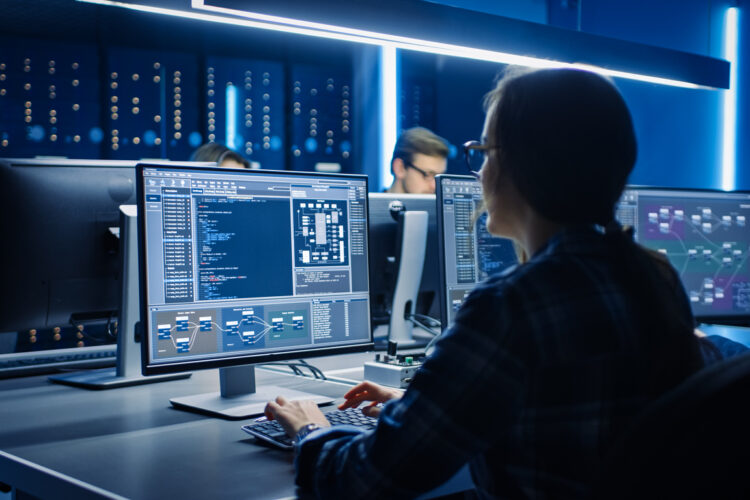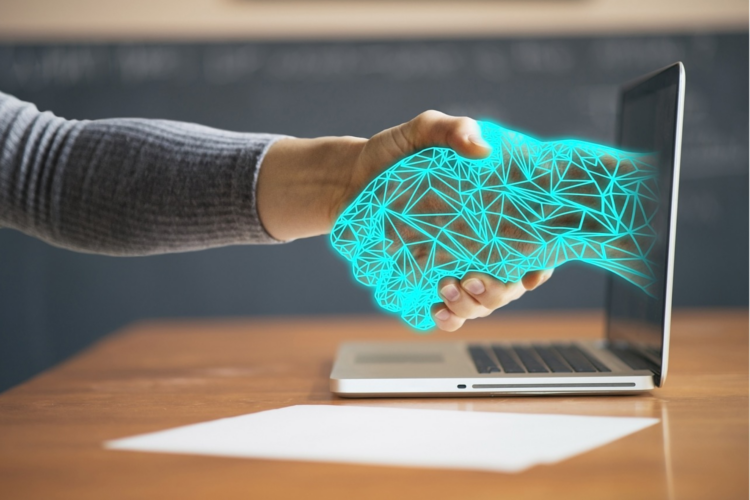Back in May this year, a multidisciplinary team from the University of Texas at Austin used a neural network to create and stabilize a plastic-destroying enzyme called hydrolase, able to break down PET plastic in less than 24 hours, reducing it to its component molecules. Now, if you are wondering what PET plastic is, it may be enough just to look around you. Bottles, jars, food trays, buckets, containers, clothes, shoes, decks, and even stadium seats. These and many other objects that are all around us are made of PET. Actually, PET accounts for almost 12% of the solid waste humanity throws away to the increasingly exhausted lands and oceans of our planet.

The long search for an effective plastic-destroying enzyme
For years, humanity has sought solutions to the urgent plastic crisis that is already threatening health, not only of entire ecosystems but also of human beings. The enzyme developed by researchers in Texas was preceded by numerous efforts by scientists from all over the world.
Inspiration for the creation of this potential game-changer came from nature itself. A few years ago, in 2016, Japanese scientists started investigating the debris of a plastic bottle recycling plant in search of bacteria that could use PET as its energy source. Soon, their research proved fruitful when they discovered “Ideonella Sakaiensis”, a kind of bacteria that fed on plastic and later converted it into carbon dioxide. Furthermore, they were able to determine that the ability to digest plastic was based on two particular enzymes.
After this discovery, a series of attempts to artificially engineer the most effective plastic-breaking enzyme possible began. But the number of factors involved, such as vulnerability, temperature, pH, and reaction rate made it difficult to develop an enzyme that could work in non-laboratory conditions and be exposed to ambient temperatures. The researchers from the University of Texas found that in order to improve the performance and stability of the enzymes, there was a valuable ally that no one had still yet leveraged: artificial intelligence.
The neural network they used was able to study up to 19,000 enzymes of similar size so that it could establish the patterns of what made an enzyme stable. The ability of AI to distinguish between amino acids which are and are not a good fit within the structure of an enzyme is key to achieving stability, which improves the enzymes’ performance. Out of thousands of millions of combinations, the AI was able to suggest a design based on the selection of three amino acid substitutions. The result was an enzyme that performs significantly better than any other enzyme engineered before for this purpose, especially because of its ability to rapidly digest PET at low temperatures.

AI has made a circular economy for plastics possible
The percentage of plastic that is being recycled today is alarmingly low: only 10% of the plastic we produce finds its way to reuse. Where is the rest of it going? Well… everywhere. From the atmosphere to human blood, from the bottom of the oceans to outer space, no place in the solar system seems safe from plastic pollution’s danger now.
Researchers are confident that this recent announcement can be the beginning of a circular economy for plastics. As they demonstrated, the new AI-created enzyme allows for the breaking down of plastic objects and fragments of objects into materials that can then be used to generate new pieces of PET. We are obviously only at the genesis of our struggle against plastic, but the people at the University of Texas have given us hope. We don’t have to resign ourselves to living on a planet in which mountains and islands of plastic keep growing uncontrollably every minute, not anymore.
For more information about Artificial Intelligence check our section about AI Software Development Services.











